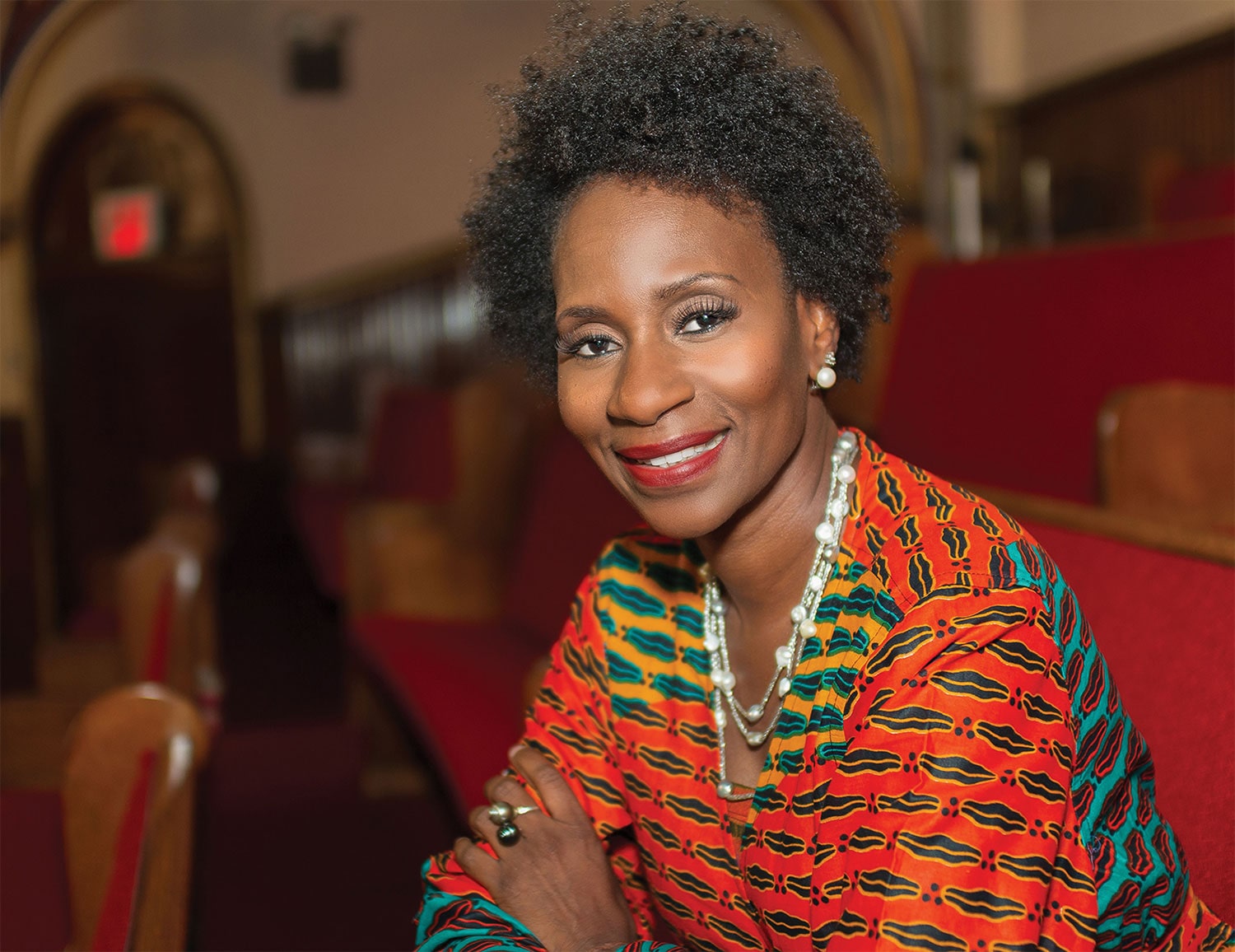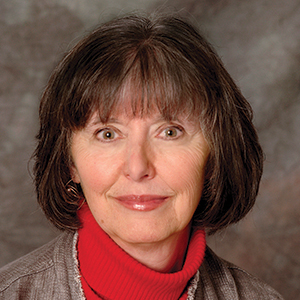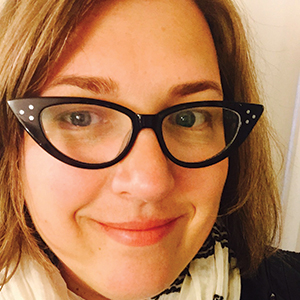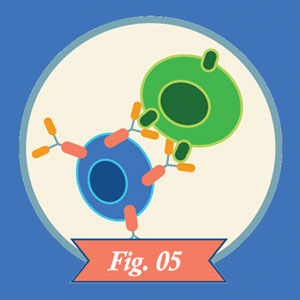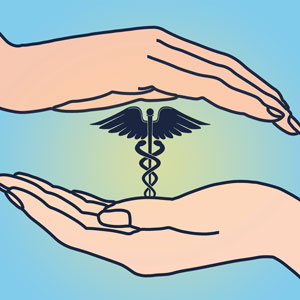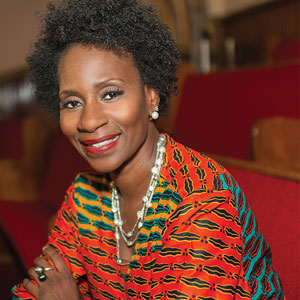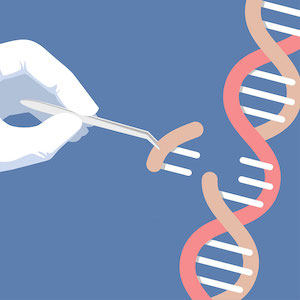Fall 2019 Vol. 09 Issue 03
-
From the Editor-in-Chief
Value-Based Cancer Care: Paying for PerformanceThe Centers for Medicare & Medicaid Services implements incentive programs to reward quality care.
by William G. Nelson, MD, PhD
-
Your Cancer Guide
Get Help at WorkCome up with a plan to keep work projects moving forward during treatment.
by Hester Hill Schnipper
-
Caregiving With Confidence
Take a TimeoutA break from routine can help you be a better caregiver.
by Aimee Swartz
-
Policy Matters
FDA Seeks to Improve Access to Investigational Oncology DrugsProject Facilitate offers assistance to medical professionals who want investigational drugs for their cancer patients.
by Richard Pazdur, MD
-
Finding More Targets for CAR-T Cells
CAR-T cell therapy has successfully treated some patients with leukemia and lymphoma. Researchers are looking to expand the range of cancers that will respond to the therapy.
by Kendall K. Morgan
-
Integrative Oncology
Some patients are benefiting from using nontraditional therapies alongside conventional treatments like surgery, chemotherapy and radiation.
by Stephen Ornes
-
Our Own Words
People with cancer and their loved ones find ways for their voices to be heard without filters.
by Bradley Jones
-
Survivor Profile
A Sister’s CircleSchool counselor Diane Nathaniel creates communities for herself and those around her in Brooklyn and beyond. Her cancer diagnosis led her into patient advocacy.
by Marci A. Landsmann
-
Q&A
The Promise of CRISPRBiochemist Samuel H. Sternberg describes the limitations, realities and potential of gene-editing technology.
by Marci A. Landsmann
-
Sound Advice
Your Questions, Our AnswersExperts offer advice on feeling confident as a caregiver, adjusting to changes to day-to-day-life, and making the best use of limited energy.
-
Get Involved
Stay CloseParticipants in Airbnb's Open Homes program help nonprofit organizations to provide temporary lodging for cancer patients.
by Katherine Malmo
-
In the Moment- Fall 2019
Readers share snapshots of their lives today.
Multiple myeloma survivor Jonathan Gluck reflects on uncertainty, and the scientific progress that has kept him living with cancer for more than two decades.
by Eric Fitzsimmons
The Enduring Importance of Cancer Disparities ResearchOpening session from AACR conference highlights how perseverance and adversity have informed cancer disparities research over the years.
by Eric Fitzsimmons
Most Cancer Survivors Don’t Meet Healthy Diet GoalsDespite research linking fruits and vegetables to cancer survival, many people do not change their eating habits after diagnosis.
by Darlene Dobkowski
Many People Don’t Get Colonoscopy After Receiving Abnormal Blood TestsAbout half of people who receive abnormal results from colorectal cancer screening tests don’t follow up with a colonoscopy.
by Laura Gesualdi Gilmore

